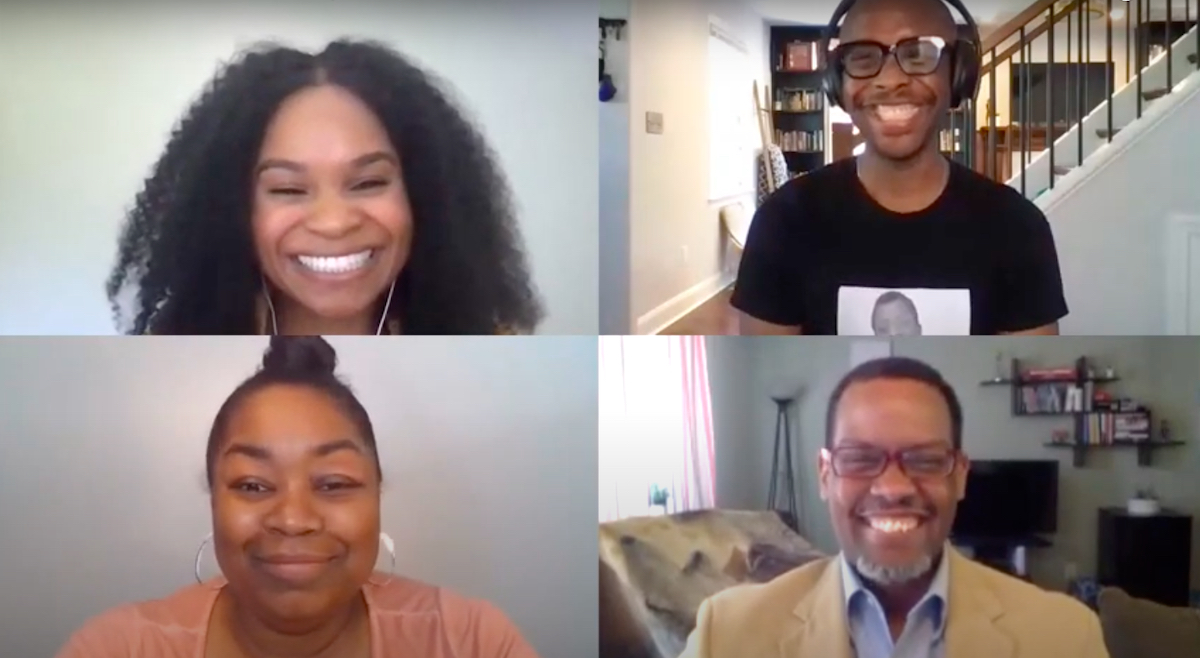Black and Latinx entrepreneurs face unique challenges in sustaining their businesses.
Finding access to capital could be consistently difficult. There are calls for more easily accessible resources, mentorship, earlier institutional support, better representation among decision makers and support for capacity building. For many, simply staying solvent amid a pandemic had become their main challenge. And in the last year, dealing with the gravity of a social uprising that had been years in the making has provided an additional layer of duress.
It’s important for investment firms and resource programs to consider those founders’ needs when working with them, according to Monica Wheat, the executive director and cofounder of Detroit-based management consultant firm Venture Catalysts who also works as Techstars’ global startup lead.
Boosting access is about “being thoughtful about how we recruit them, how we nurture them and understanding the barriers they face in gaining capital,” she said during a panel at Philly Tech Week 2021 presented by Comcast’s Introduced by Technical.ly conference.
Comcast Startup Pipeline Diversity Director Antonia Dean moderated the discussion powered by LIFT Labs about how communities can support founders and what venture capital firms can do to better invest in them. Some key takeaways:
- Reimagining what a city is known for can lead to pivots and opportunity — While Detroit is historically known for its automobile production plants, focusing on newer industries has created space for underrepresented founders, Wheat said. “People think we’re interested in motor vehicles, but we’re also focused on autonomous technology,” she said. “[Two] of our longer-standing sectors have been medtech and biotech. Companies like Pfizer have always had a presence here. Many of these companies have a social edge and involve Black founders as well. Again, we are a huge space for manufacturing, but one of the largest producers per capita of engineering talent in the country.”
- Startups themselves can fill gaps as community supporters — Ade Omitowoju, partner at D.C.-based 1863 Ventures and former cofounder and CFO of Ghost Note Agency, explained that in response to the pandemic, when consumers’ behavior changed drastically, food trucks needed to figure out where they could best situate themselves in order to reach customers. A data-driven response in the form of Black-owned startup Goodfynd launched to connect consumers with trucks in the DMV region. “When the pandemic hit, it created a new use case study for touchless delivery by allowing food trucks to find density,” he said. “Helping food trucks survive through data was important.”
- VC firms need to actively look for founders to invest in from other backgrounds — Omitowoju said that equality doesn’t look like Black founders being blindly supported, but rather supported even when they fail. That concession, he said, is often freely extended to white founders. And Black women, especially, deserve extra support: “Black woman founders are doing great things and we want to be able to normalize it.” (For further reading: Consider the network effect.)
You can watch the full video here:
Michael Butler is a 2020-2022 corps member for Report for America, an initiative of The Groundtruth Project that pairs young journalists with local newsrooms. This position is supported by the Lenfest Institute for Journalism.Before you go...
Please consider supporting Technical.ly to keep our independent journalism strong. Unlike most business-focused media outlets, we don’t have a paywall. Instead, we count on your personal and organizational support.
Join our growing Slack community
Join 5,000 tech professionals and entrepreneurs in our community Slack today!

The person charged in the UnitedHealthcare CEO shooting had a ton of tech connections

From rejection to innovation: How I built a tool to beat AI hiring algorithms at their own game

The looming TikTok ban doesn’t strike financial fear into the hearts of creators — it’s community they’re worried about


